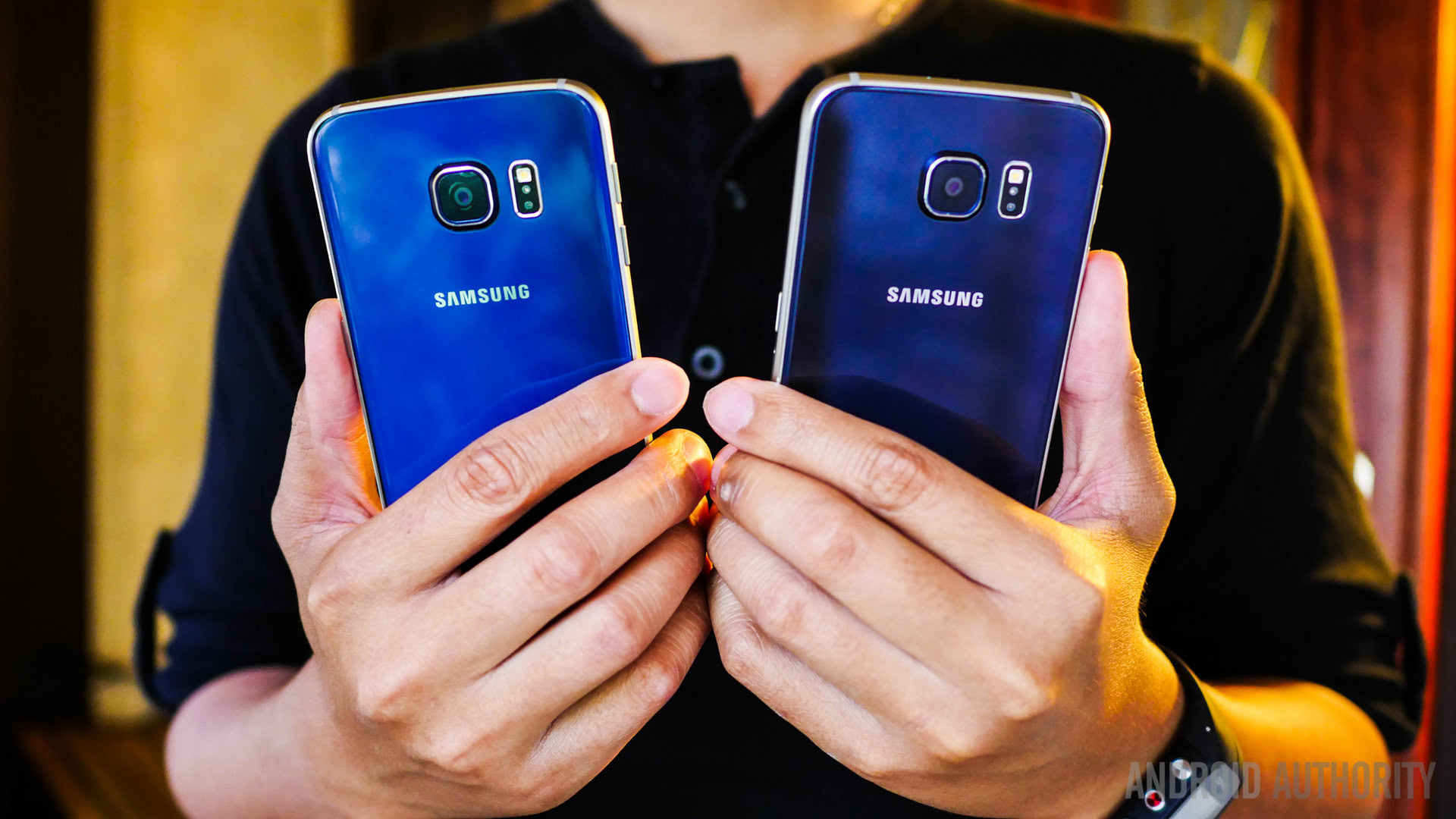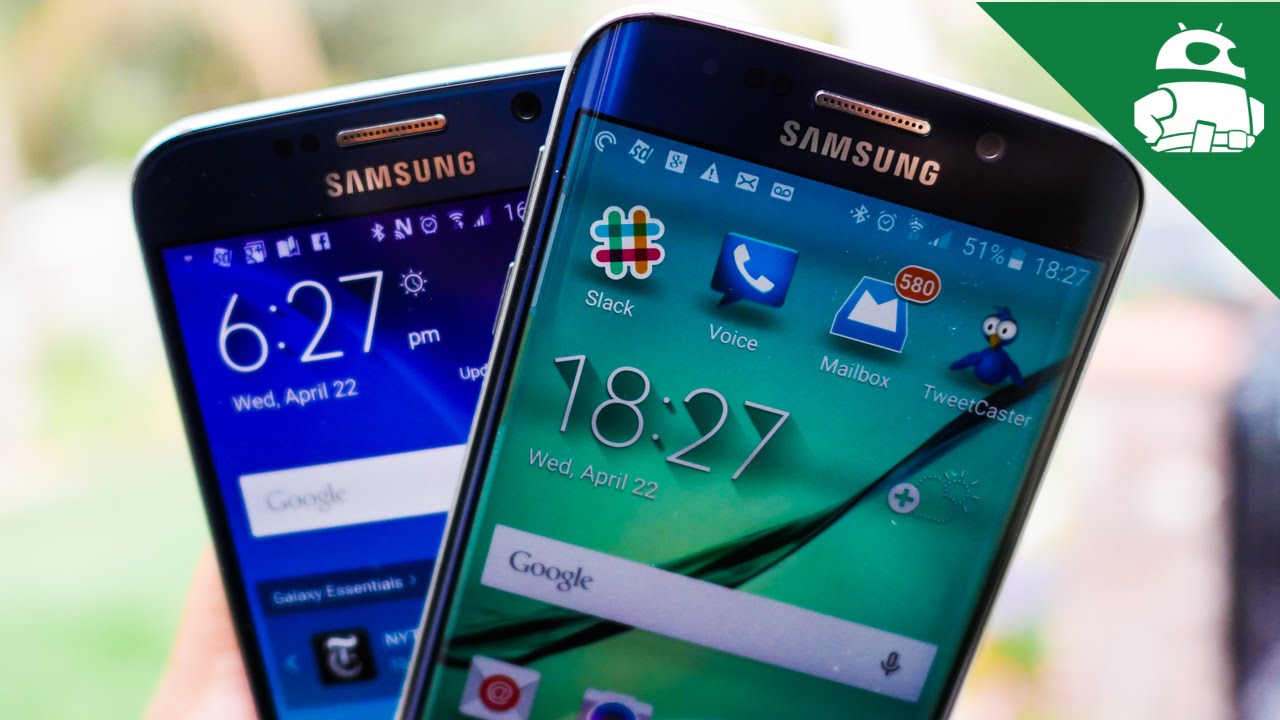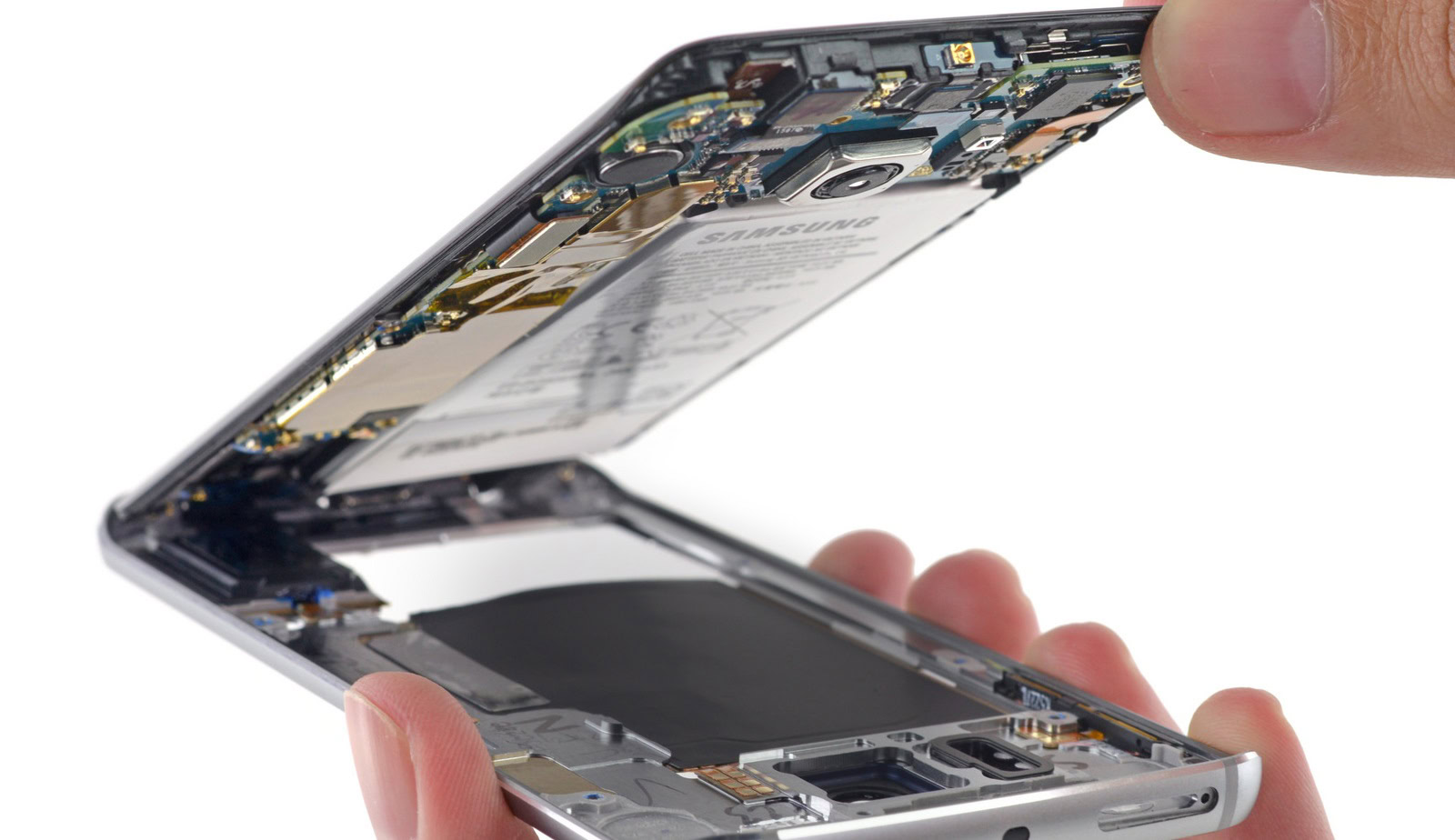Affiliate links on Android Authority may earn us a commission. Learn more.
Galaxy S6 selling well in the US, but some analysts are disappointed

For a vast majority of mainstream consumers, the existence of the Galaxy S6 begins and ends with the sale: see it, buy it, and use it. For Samsung however, as well as those more vested or curious individuals around the world, the launch is only one part of a rather extensive timeline. Most important are numbers, particularly how many units are being sold (or shipped) and how much money the OEM is making in the process.
Last year Samsung’s Galaxy S5 faced quite a harrowing situation when compared with the superior sales of the Galaxy S4 before it. To say that all eyes were on the potential of the Galaxy S6 and S6 Edge would be an understatement. Fortunately it seems that, in the USA at least, the numbers are working in not only Samsung’s favor, but also Google’s.

Kantar Worldpanel ComTech’s chief of research, Carolina Milanesi, reported that, “the first full month of sales of the Galaxy S6 allowed Samsung to regain the market lead in the US and grow its share of Android sales from 52% in the three months ending in April to 55% for the three months ending in May.”
She further explained that, “Samsung’s share of the US smartphone market grew period-over-period, as the Galaxy S6 became the third best-selling smartphone in the US, after the iPhone 6 and the Galaxy S5.Samsung’s year-over-year performance also improved, with its US market share now down only 0.5 percentage point compared to 1.6 percentage points in the three months ending in April.” Given the very lofty expectations of the pure-premium hardware redesign, these results shouldn’t come across as a big surprise, but will definitely allow Samsung a brief respite in the migraine-inducing game of numbers and returns.
As if this wasn’t enough, data also indicated that in the same period, Android market share in the USA increased by 2.8% to a total of 64.9%. However in five key markets in Europe, Android fell 2.9% of what it was during the same period last year. Suffice to say that with a clear dominance of the mobile OS market, Google is therefore the most likely to take a hit should any smaller competitors enter, or should Apple release a major product (as the iPhone 6 Plus certainly was for it).
Take a look at Kantar’s interactive data feature below for more details:
Despite the positive news covered at Kantar, over in South Korea things weren’t quite as bright. Business Korea has reported that Samsung’s Galaxy S6 (as well as LG’s G4) have failed to meet the lofty sales expectations that various speculators and investors had hoped. Citing sources inside the securities industry, “Samsung…is expected to post 3.1 trillion (US$2.76 billion) to 3.4 trillion won (US$3.03 billion) in operating profit in the second quarter. The figure is up 22 percent from 2.74 trillion won (US$2.44 billion) of operating profits in the first quarter but down 24 percent from 4.421 trillion won (US$3.94 billion) in the second quarter last year.”

While these numbers may seem impressive, they were initially expected to be much higher after expectations were for Samsung to sell 70 million handsets. Due to reports and indications of “poor” initial sales, the projections had to be cut down to 45 million units. It should be pointed out that for so many manufacturers around the world, sales talk of even 10 million units might be seen as incredible, yet here we have the possibility of Samsung’s only selling potentially 45 million devices as a disappointment. The paradoxical nature of this situation serves to illustrate how damaging the effects of speculators may be: If Samsung does in fact report sales that fall below expectations, it would follow that its share price may tumble. Yet, had the expectations been set at a far lower number, say 20 million units, stock market prices would have soared through the roof.

It is important, when reading reports such as these, to take them into consideration for what they are: reactions and reports based on rumors or beliefs that may-or-may-not come to pass. And indeed as we have already seen in countless instances before, the lofty goals are often not met for any number of reasons, including those above-and-beyond the manufacturer’s control.
Has Samsung done well here, or has it done poorly? Ultimately, it depends on what your own expectations are. In truth, the real test might be better in-line with those of the mainstream consumer alluded to earlier: if the phone is deemed a good purchase and you’re satisfied, should that not be the best sign of success?